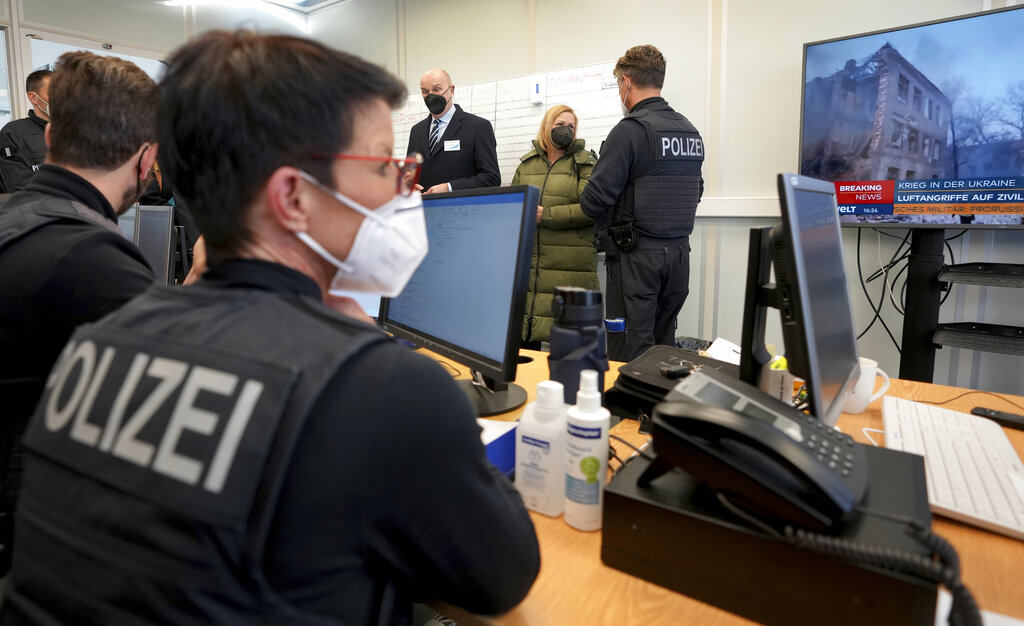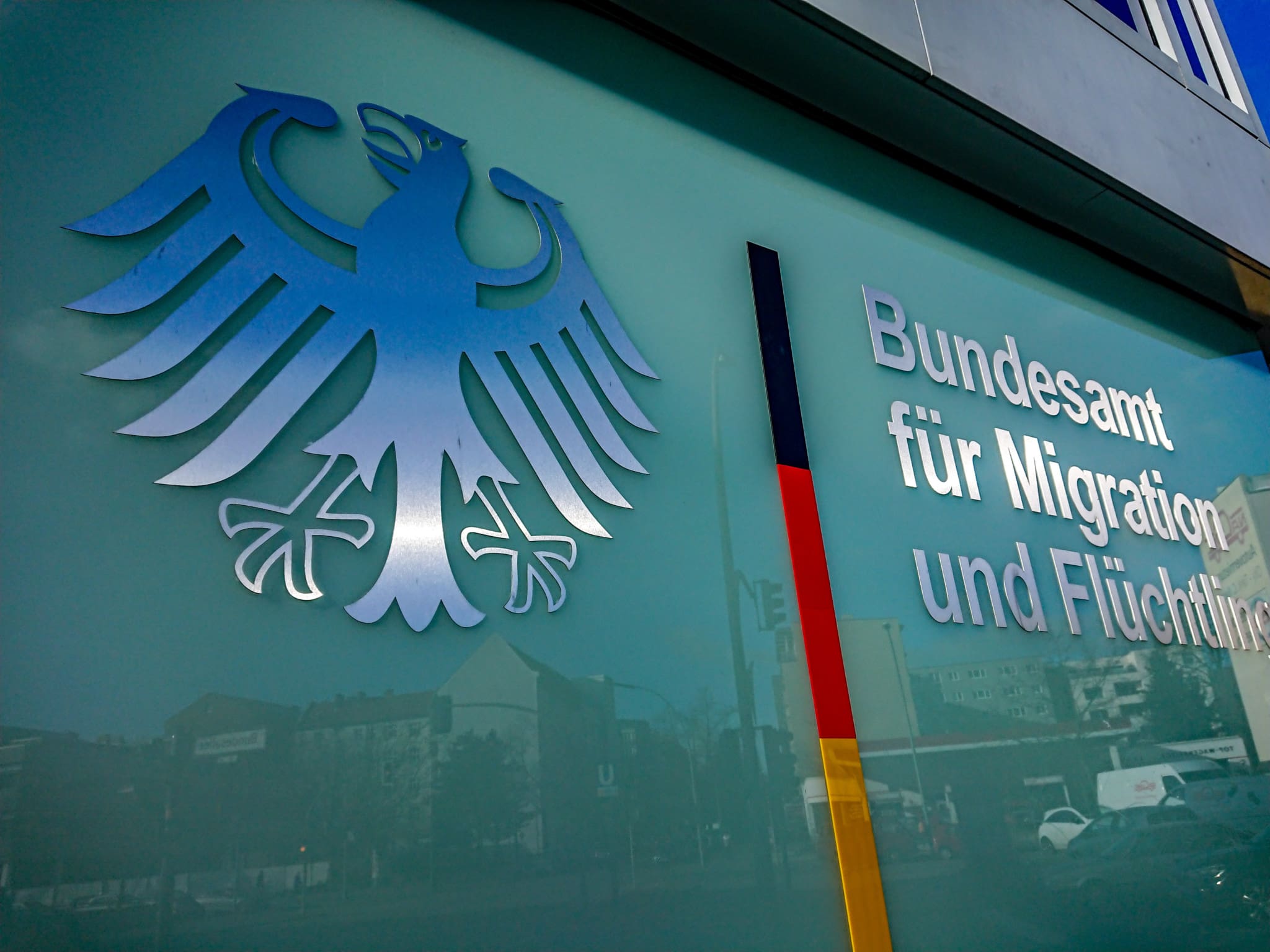There is growing unease in the European Union about a problem that German politics is mostly silent about, or at best, works to trivialize: mass migration. In 2022, 924,000 asylum applications were lodged in the EU, an increase of almost 50 percent. In Germany alone, more than 226,000 asylum applications were registered last year.
Smaller countries at the Schengen borders cannot be blamed if they do not detain migrants and are happy for them to make their way to Germany. After all, mass immigration into Europe is constantly fueled by the German government, so why stop them? African and Asian human trafficking gangs do not have to do much work to lure more and more people into Germany. It is just a matter of copying and pasting the pro-immigration statements of Federal Interior Minister Nancy Faeser into their migrant recruitment booklets or advertise them on social media.

Take, for example, one of the new inventions of the current ‘traffic-light’ government coalition, the so-called model change in refugee policy. Its aim is to give even illegal migrants whose asylum applications have been rejected the right of permanent residence under certain conditions. From the migrants’ point of view, this means, “Once I have crossed the German border, I can stay.” This is already the case, but the German government is looking to make it an official reality.
[pp id=62869]
The German media — at least the few that are still critical of the government — are full of examples of the problems the country is facing due to the issue. The most serious crimes are committed by Islamists and criminals with a migration background in Germany, but they are not deported after serving their sentences on the grounds that the security situation in their country of origin is dangerous. When Afghanistan fell back into Taliban hands, the last Bundeswehr planes evacuating local forces were mostly carrying rapists previously convicted in Germany. Now, they are once again roaming free on German soil.
The vast majority of Syrians and Afghans arriving in Germany — to name just the two most common countries of origin — have no qualifications, no language skills and often not even a decent education. The idea that they will become skilled workers in the highly complex German industry or care for elderly people in need is simply bizarre.
[pp id=62475]
The European Union needs a fundamental change of direction in its immigration policy. Uncontrolled migration must stop immediately. Germany holds the key. Most EU countries are waiting for a signal from Europe’s de facto leader.
In civilized societies, it is a matter of course to grant asylum to the politically persecuted and to help those in need. If you want to be taken seriously politically, you have to abide by this, but being helpful must not mean hopelessly overstretching our own country’s economic resources and endangering our cultural identity to the point that we cannot even guarantee the safety of our own citizens. In Germany’s case, this is leading to self-destruction.






